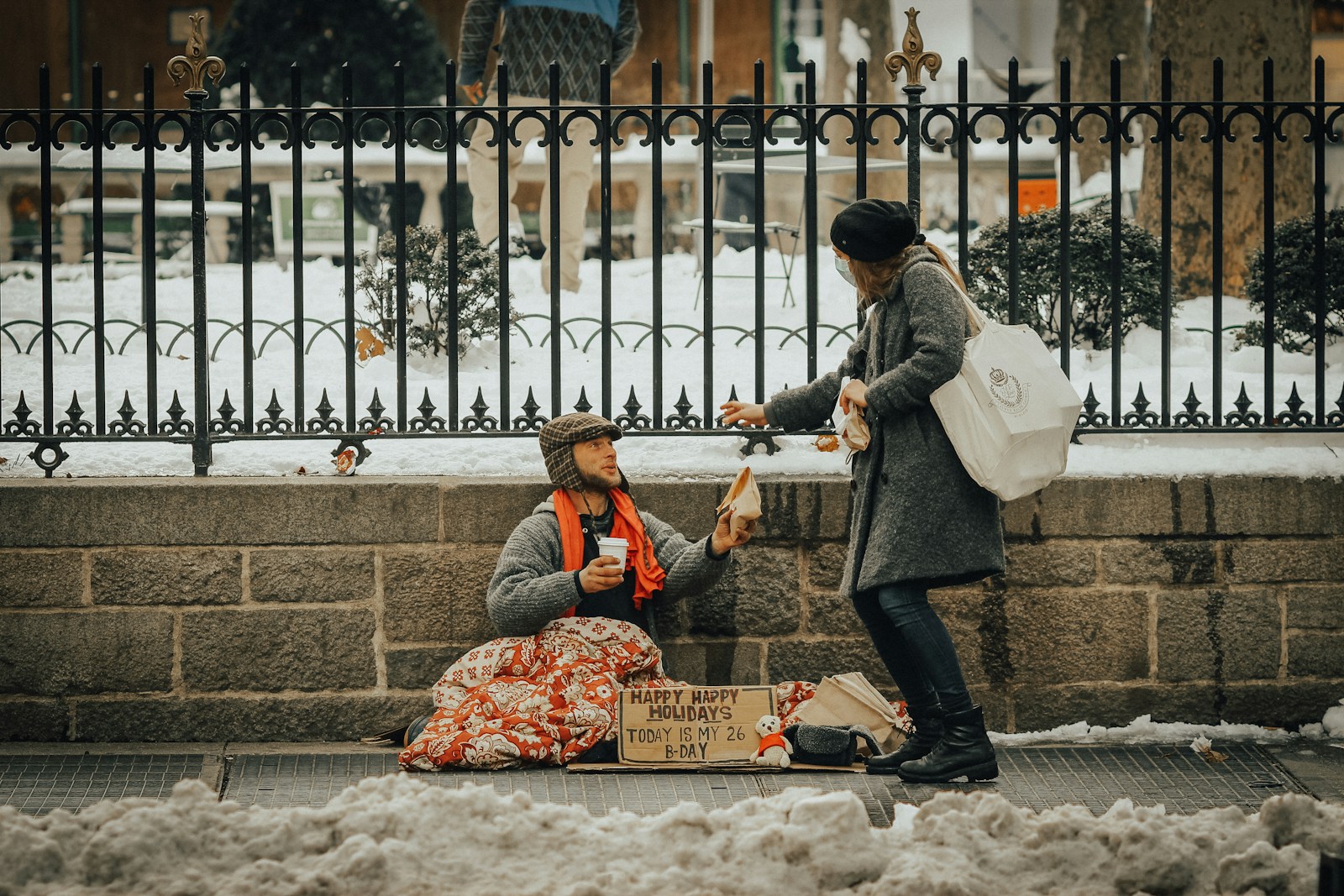Key Decision that Can Spark Controversies
The US Supreme Court recently passed a ruling that could drastically impact the lives of homeless Americans. The court decided that law enforcement and government officials can impose fines and arrests on those who live on streets, in vehicles, or in city parks. This ruling, reached in a 6-to-3 decision in a landmark case, City of Grants Pass v. Johnson, sparks debate on its implications for the health and wellbeing of homeless communities.
Understanding the Ruling and its Consequences
The ruling allows the implementation of laws enforcing bans on public sleeping or camping, even when there are no alternative shelters for homeless people. Ed Johnson, a leading attorney for homeless defendants, argues this could pose severe risks to the mental and physical health of homeless individuals. In 2023 alone, an estimated 653,100 people were homeless in the United States.
A Glimmer of Hope amid Challenges
Despite the potential risks, some still see a silver lining. Mike Zacchino, speaking for Grants Pass, expressed gratitude for the ruling. He assured commitments to help residents find stable housing. According to Justice Neil Gorsuch, the complexities of homelessness are beyond the court’s primary responsibility. He defers solutions to the collective wisdom of the American people.
However, the decision has its critics. Justice Sonia Sotomayor writes in her dissent that the decision presents an unbearable choice to those affected: stay awake or face arrest.
Battle of Politics and Public Health
Elected officials across the republic argue that the ruling can help maintain public health and safety by enabling them to relocate homeless people. Yet, fear persists that this move may make the homeless communities more transient, which further jeopardizes their health.
There is a concern that the relocation of homeless individuals will disconnect them from health providers they have established relationships with. Consequences could include escalating healthcare costs due to inadequate treatment of chronic health conditions and diseases, leading to expensive intensive care treatments.
The Impact on Housing and Healthcare Programs
The Biden administration has been pushing for the expansion of healthcare to include housing. So far, 19 states are redirecting Medicaid funds towards housing aid. California is leading the way with a large-scale initiative. However, the new court decision may disrupt these efforts.
Margot Kushel, a leading homelessness researcher, expresses disconcert on the potential of this decision to damage trust essential to get homeless individuals into housing and maintaining treatment compliance. Concerns also arise on the effect of fines and jail time on housing applications.
Public Sentiment and the Way Forward
As encampments expand into neighborhoods and public places, American sentiment is increasingly in favor of clearing the streets. Despite the court’s conservative majority decision, state and local officials across California, regardless of their political leanings, welcome the ruling.
Graham Knaus, CEO of the California State Association of Counties, views it as a decisive action that will ultimately make communities safer. Regardless, concerns remain on how this ruling will affect the homeless community and whether there will be sufficient and effective measures in place to protect their wellbeing.
(Source: NBC News)
